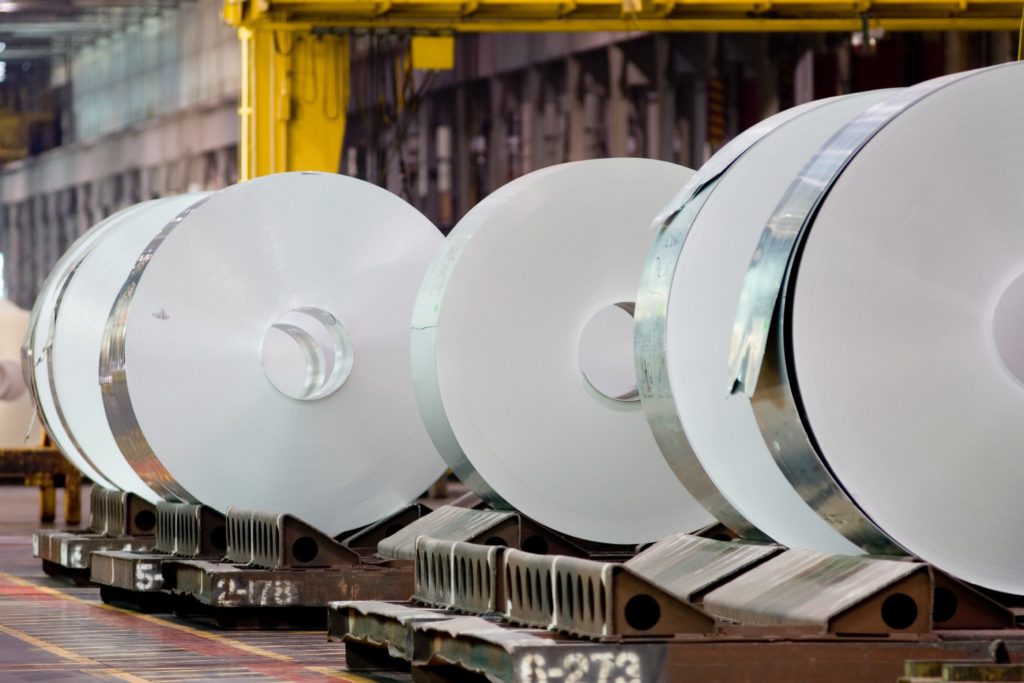Alcoa to buy Australian partner Alumina in $2.2bn all-stock deal
Reuters | March 11, 2024 | 3:58 pm Markets Top Companies Australia USA Aluminum

Image from Alcoa.
Alcoa will buy Alumina in an all-stock deal that values the Australian firm at $2.2 billion, and makes the US company one of the world’s largest producers of alumina and bauxite.

Shares of Alumina rose as much as 10.4% after Alcoa announced the deal on Monday, hitting their highest since August 2023. Alcoa shares gained 2.1% to $30.5 apiece.
Alcoa’s push for acquiring its joint venture partner can be seen as a gamble for metals which will be an important part of the transition to cleaner sources of energy.
Buying Alumina gives Alcoa full control of their joint venture, which is one of the world’s largest producers of the semi-processed form of aluminum. Aluminum is used to produce renewable infrastructure and electric vehicles.
The global mining sector has seen a recent slew of merger and acquisitions despite rising concerns around the economic outlook of one of the world’s largest metals buyer, China, and slowing EV sales in the United States.
“It could be a win-win for both companies,” Tim Waterer, chief market analyst at trading firm KCM Trade, said.
“The takeover offer could be viewed as a vote of confidence in the resources space despite a cloudy growth outlook for the sector.”
The buyout follows United States Steel’s $14.9 billion deal to buy Japan’s Nippon Steel and Newmont’s $15 billion acquisition of Aussie gold miner Newcrest.
Post the deal, Alumina shareholders will own about 31.6% of the merged entity, while Alcoa shareholders will hold 68.4%.
Alumina’s board, including managing director and CEO, recommended shareholders vote for the deal, in the absence of a superior proposal.
The deal comes months after Alcoa faced operational and permit-realted problems for its bauxite business in Australia. It also disclosed in January plans to halt production at the Kwinana alumina plant in Western Australia in a move to control costs.
($1 = 1.5126 Australian dollars)
(By Roushni Nair and Rishav Chatterjee; Editing by Krishna Chandra Eluri and Mrigank Dhaniwala)
No comments:
Post a Comment